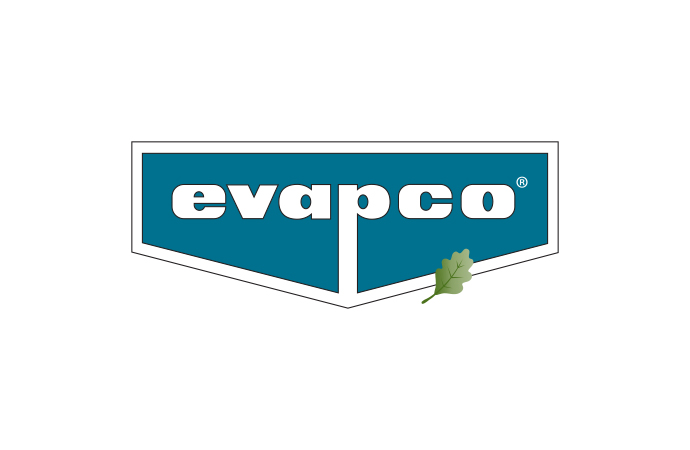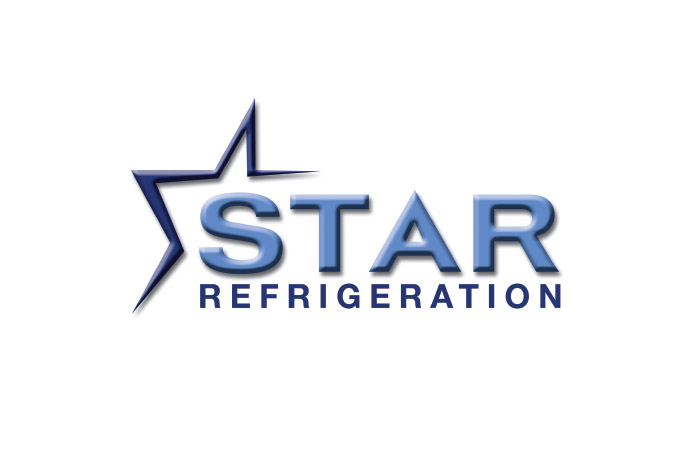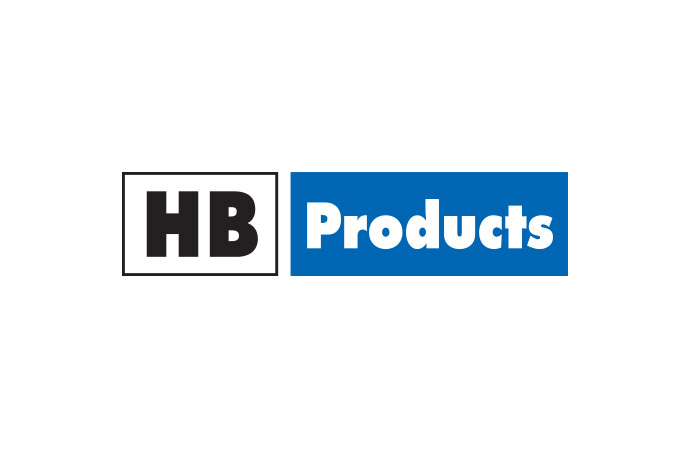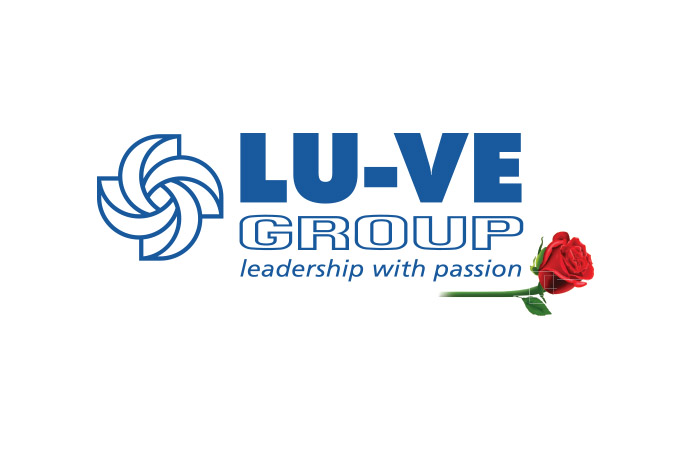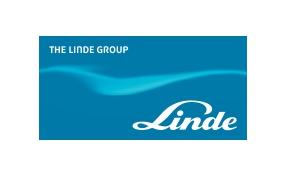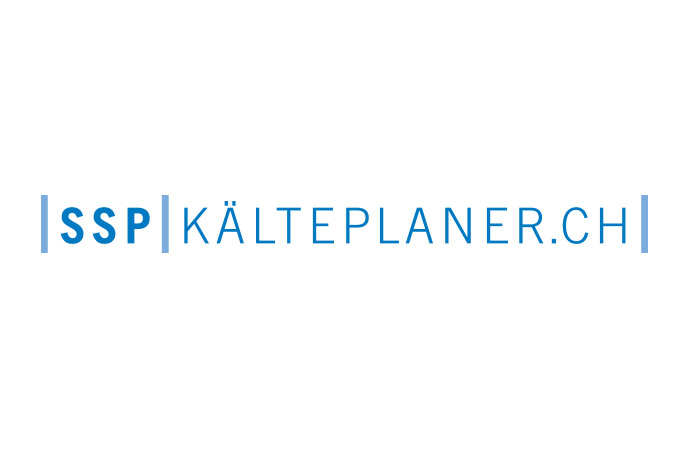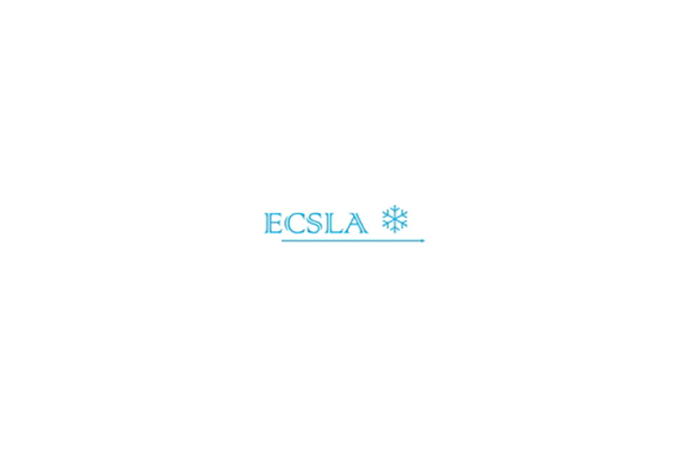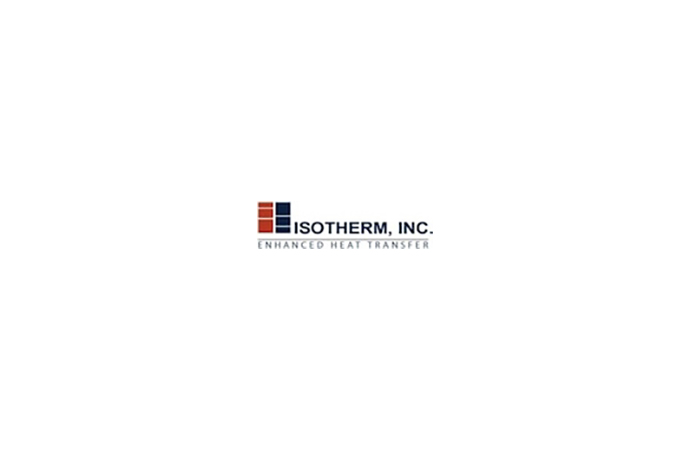The 4th Conference on Ammonia Refrigeration Technology to be held in April in the Republic of Macedonia will explore the latest developments with regards to ammonia as a refrigerant. ammonia21.com talked to Professor Risto Ciconkov, President of the Organising Committee, to get an insight on what to expect from the 2011 edition of the event.

ammonia21.com: Based on the paper submissions you received during the conference call for papers, what would you say are the main issues that the ammonia industry has been focusing on in the last couple of years, i.e. since the last edition of the conference? What has been driving innovation and what are the main focus areas for R&D?
R. Ciconkov: The main focus areas for R&D in the design of modern ammonia systems and technological innovation concern:
ammonia21.com: How will these focus areas be reflected in the conference programme, in terms of confirmed or expected speakers?
R. Ciconkov: We have provided high level keynote speakers who will give lectures on low charged hermetic ammonia chillers, opportunities for combined cooling and heating (heat pump), recent developments in plate exchangers for NH3/CO2 cascade condenser, two-phase flow and boiling of ammonia in horizontal tubes which is important for dry expansion evaporators. Also, experts from well known manufacturing companies will speak on high temperature heat pumps with ammonia, while an experienced engineer from Norway will present on the safe use of ammonia as a refrigerant in urban areas. Leading experts from global food companies will explain advantages of implementing best-practice design, maintenance and safety for ammonia systems and their experiences from an end-user perspective. There will be papers on NH3/water absorption technology as well introducing some modifications.
ammonia21.com: Besides pure technology, the conference will also discuss policy related issues, as well as the market potential for ammonia technology, safety and training issues. Do you expect these discussions to focus on a particular world region?
R. Ciconkov: Previous Ammonia Technology Conferences in Ohrid featured workshops on: ammonia refrigeration technology in Eastern European countries including several national reports; on operation, maintenance and trouble shooting; and a round table to establish a fund for technology transfer in less developed countries. Depending on interest and proposals we could organise similar workshops within this year’s conference.
ammonia21.com: One of the topics of the conference concerns ammonia systems in developing countries. What is your personal view on the potential of the technology there? Is technical assistance a key parameter for the deployment of the technology?
R. Ciconkov: There are barriers and problems for technology transfer with natural refrigerants in developing countries that I have elaborated on in more details on the last IIR Gustav Lorentzen conference (Sydney 2010). As you know, the phase-out of CFCs and HCFCs in developing countries is supported by the Multilateral Fund of the Montreal Protocol. However, an HFC replacement technology is implemented in almost all projects. So far there has not been any project with ammonia technology supported from this fund. Therefore, technical and financial assistance is a key factor for the applications with ammonia technology in developing countries - the sooner the better. In this light, the conference organiser gives a discount to participants from developing countries. This is a unique IIR conference where 50% of participants are coming from developing countries.
ammonia21.com: To whom is the conference addressed? Would you say it is mainly addressed to engineers and technicians or do you expect non-technical people to also attend?
R. Ciconkov: The conferences is addressed to all participant profiles: engineers, consultants, planners, contractors, distributors, end users, plant operators, services & maintenance technicians, RAC associations, environmental specialists etc. In fact, it is addressed to all people involved in refrigeration, air conditioning and heating because ammonia refrigeration and heat pump technology has never been more prospective than today. In the last two decades it is more advanced and expands its application in commercial refrigeration and air conditioning where traditionally it was not common.
I would like to remind the potential authors that they can still submit papers for the conference.
More on the Ammonia Refrigeration Technology International Conference
Following the success of the previous International Institute of Refrigeration (IIR) conferences on Ammonia Refrigeration Technology, the Faculty of Mechanical Engineering, University "Ss. Cyril & Methodius", Skopje, is now organising its 4th edition on 14-16 April 2011 in Ohrid, Republic of Macedonia. More details on the conference website: www.mf.edu.mk/web_ohrid2011/ohrid-2011.html.
ammonia21.com will be reporting from this key event.
R. Ciconkov: The main focus areas for R&D in the design of modern ammonia systems and technological innovation concern:
- Low charge NH3 technology including plate type and microchannel heat exchangers,
- Direct expansion evaporators,
- Factory-made units,
- New equipment (components) for small and medium scale capacity and expansion in commercial applications,
- New compatible materials (such as aluminium),
- Miscible oils with ammonia, and
- Systems that encompass a new level of quality improvement
ammonia21.com: How will these focus areas be reflected in the conference programme, in terms of confirmed or expected speakers?
R. Ciconkov: We have provided high level keynote speakers who will give lectures on low charged hermetic ammonia chillers, opportunities for combined cooling and heating (heat pump), recent developments in plate exchangers for NH3/CO2 cascade condenser, two-phase flow and boiling of ammonia in horizontal tubes which is important for dry expansion evaporators. Also, experts from well known manufacturing companies will speak on high temperature heat pumps with ammonia, while an experienced engineer from Norway will present on the safe use of ammonia as a refrigerant in urban areas. Leading experts from global food companies will explain advantages of implementing best-practice design, maintenance and safety for ammonia systems and their experiences from an end-user perspective. There will be papers on NH3/water absorption technology as well introducing some modifications.
ammonia21.com: Besides pure technology, the conference will also discuss policy related issues, as well as the market potential for ammonia technology, safety and training issues. Do you expect these discussions to focus on a particular world region?
R. Ciconkov: Previous Ammonia Technology Conferences in Ohrid featured workshops on: ammonia refrigeration technology in Eastern European countries including several national reports; on operation, maintenance and trouble shooting; and a round table to establish a fund for technology transfer in less developed countries. Depending on interest and proposals we could organise similar workshops within this year’s conference.
ammonia21.com: One of the topics of the conference concerns ammonia systems in developing countries. What is your personal view on the potential of the technology there? Is technical assistance a key parameter for the deployment of the technology?
R. Ciconkov: There are barriers and problems for technology transfer with natural refrigerants in developing countries that I have elaborated on in more details on the last IIR Gustav Lorentzen conference (Sydney 2010). As you know, the phase-out of CFCs and HCFCs in developing countries is supported by the Multilateral Fund of the Montreal Protocol. However, an HFC replacement technology is implemented in almost all projects. So far there has not been any project with ammonia technology supported from this fund. Therefore, technical and financial assistance is a key factor for the applications with ammonia technology in developing countries - the sooner the better. In this light, the conference organiser gives a discount to participants from developing countries. This is a unique IIR conference where 50% of participants are coming from developing countries.
ammonia21.com: To whom is the conference addressed? Would you say it is mainly addressed to engineers and technicians or do you expect non-technical people to also attend?
R. Ciconkov: The conferences is addressed to all participant profiles: engineers, consultants, planners, contractors, distributors, end users, plant operators, services & maintenance technicians, RAC associations, environmental specialists etc. In fact, it is addressed to all people involved in refrigeration, air conditioning and heating because ammonia refrigeration and heat pump technology has never been more prospective than today. In the last two decades it is more advanced and expands its application in commercial refrigeration and air conditioning where traditionally it was not common.
I would like to remind the potential authors that they can still submit papers for the conference.
More on the Ammonia Refrigeration Technology International Conference
Following the success of the previous International Institute of Refrigeration (IIR) conferences on Ammonia Refrigeration Technology, the Faculty of Mechanical Engineering, University "Ss. Cyril & Methodius", Skopje, is now organising its 4th edition on 14-16 April 2011 in Ohrid, Republic of Macedonia. More details on the conference website: www.mf.edu.mk/web_ohrid2011/ohrid-2011.html.
ammonia21.com will be reporting from this key event.
MORE INFORMATION
Related stories

_1475587414.png)

